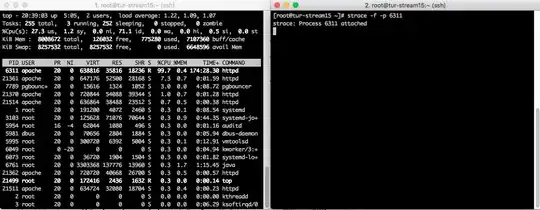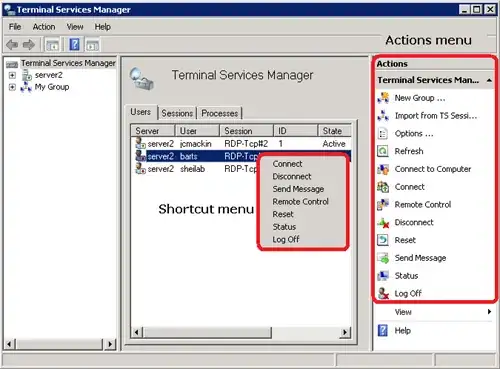We are in this scenario: https://stackoverflow.com/questions/7304826/how-to-debug-a-multithreaded-hung-process-in-linux
When we try to look at a rogue process (which is consuming 100% CPU) then it's in this state:
ls -l /proc/XXXX/fd
lrwx------ 1 root root 64 Feb 1 16:08 9 -> /tmp/.ZendSem.sdiU42 (deleted)
We'd like to know what was in the file (that is now deleted) in an attempt to try and track down what is causing the issue. I think that ftrace might be able to do this (or maybe another tool), but I don't know how to go about doing this.

